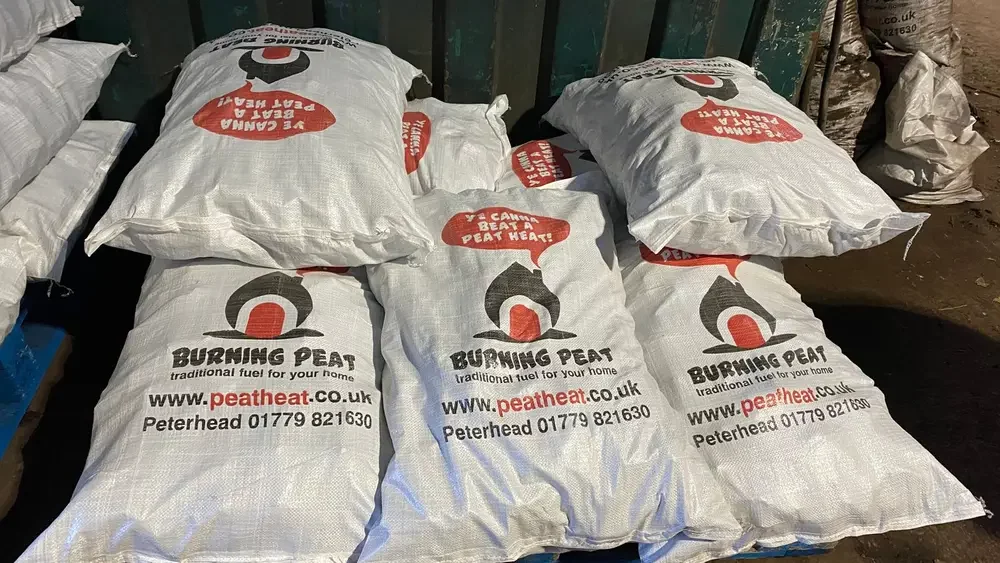Why peat is on the frontline of our battle against climate change
Degrading peat is estimated to be responsible for about 5% of UK carbon emissions, prompting debate over whether banning its use is the answer.
“You’ve heard of ‘tree-huggers’ protecting woodlands, We ‘bog-trotters’ love the wetlands.”
The words of agile ecologist Andrew McBride, from the Land and Habitats consultancy, as he strides across a marsh in Aberdeenshire.
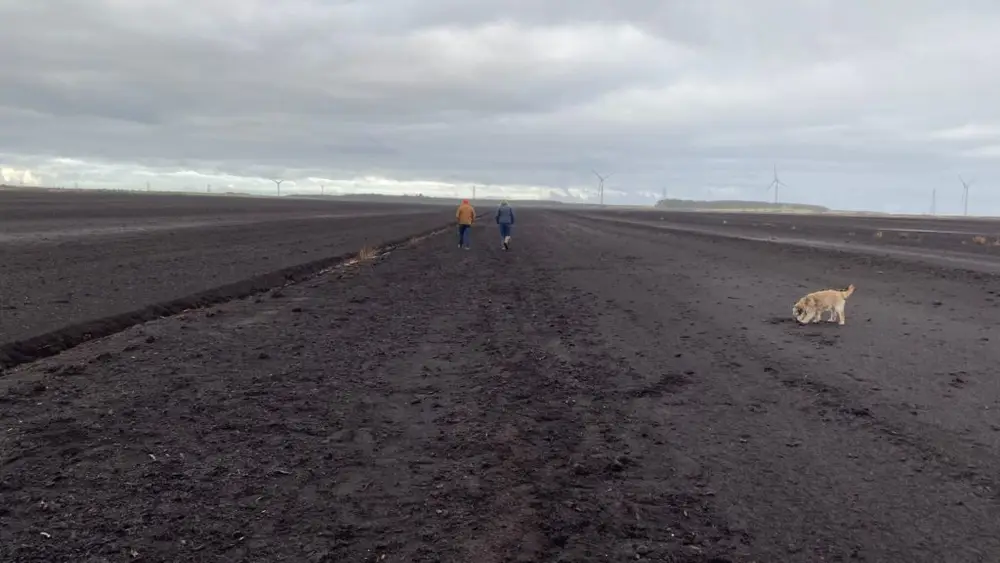
But there is something almost magical about sphagnum moss. It looks like a bright green mass of feathery ferns.
It thrives without soil, has remarkable antiseptic properties, holds prodigious amounts of water and accumulates almost infinitely to make peat.
In July, the company reported a “standout” 50 per cent rise in sales in China at its interim results. “The desirability of what we have to offer surmounts the current situation in terms of the economy,” Ridley said. Graeme Littlejohn, strategy and communications director at the SWA, said the long-term nature of the industry meant it was able to defy short-term economic volatility, noting that at the height of the financial crisis in 2008-11, exports rose by 40 per cent. While it was “not immune to the global situation, the long-term vision means some of the bumps in the road are lessened”.
Peat covers about 12% of the UK and more than 20% of Scotland.
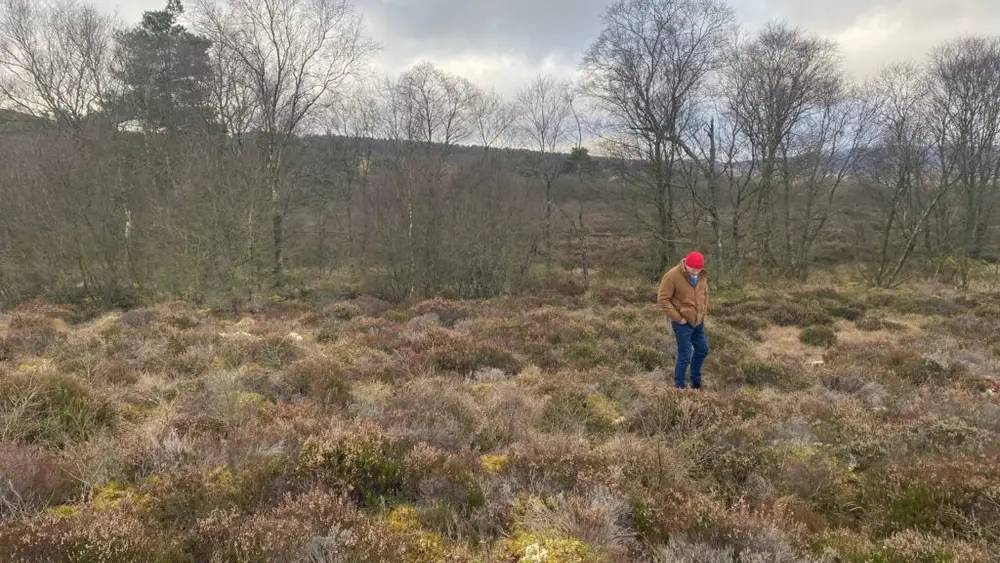
It’s in the fields of the Fens, the moors of the Pennines and blanket bogs of the Highlands.
In places it can be at least five metres deep and across the country holds more carbon than the woodlands of the UK, France and Germany combined.
But once it’s drained and dried that carbon lock is broken and the greenhouse gas escapes.
Degrading peat is estimated to be responsible for about 5% of UK carbon emissions.
One of the contributors to that degradation is whisky. It is key to the process of making many brands often infused with the treasured “peaty reek”.
The Scottish government has announced a desire to “phase out the use of peat for the sake of the environment” and has not ruled out including whisky in that ban.
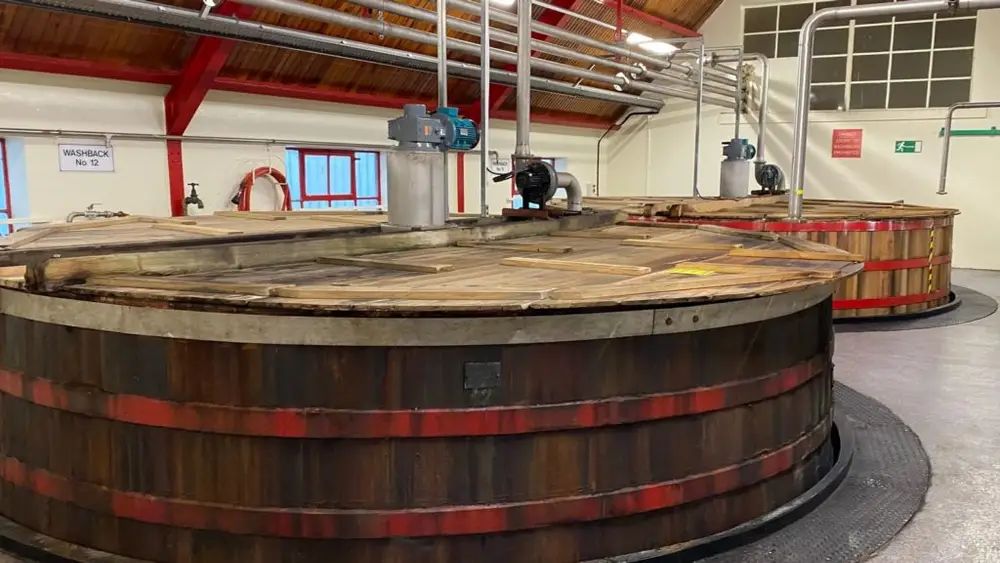
The multi-national drinks company Beam Suntory gave Sky News a tour of their Ardmore Distillery on the edge of Speyside.
It’s a maze of giant vats, barrels and steampunk engineering accompanied by a magical mystery tour of aromas: malt, smoke, ancient wood and fresh fermentation.

Alistair Longwell, their head of environment and distilling, points out that whisky is responsible for less than 1% of the peat extracted in the UK, but what they do use is vital.
“For our brands and many others, peat is fundamentally important.
“It creates that unique character and flavour that our consumers love.
“A ban (on its use) would have a unique and detrimental impact on what is our standard bearing export – so important not just to Scotland but the UK as a whole.”
His company is helping to fund the restoration of peat bogs close to the distillery under the watchful and appreciative eye of Andrew McBride.
“Government alone can’t do this so it’s very important that companies that use peat, and others that are using the natural environment, give something back.”
But he also believes that wetlands have suffered from an image problem – seen as perilous, untrustworthy and linked with decay.
“Drain the Swamp” has even become a political chant.
“Bogs have been completely unloved for centuries, and they’ve been seen as sort of negative places,” he said.
“But when you actually start to understand them, you get onto them.
“You see the diversity, the different species.
“I think we’ve probably turned a corner now because people are paying much more attention to peatlands.”
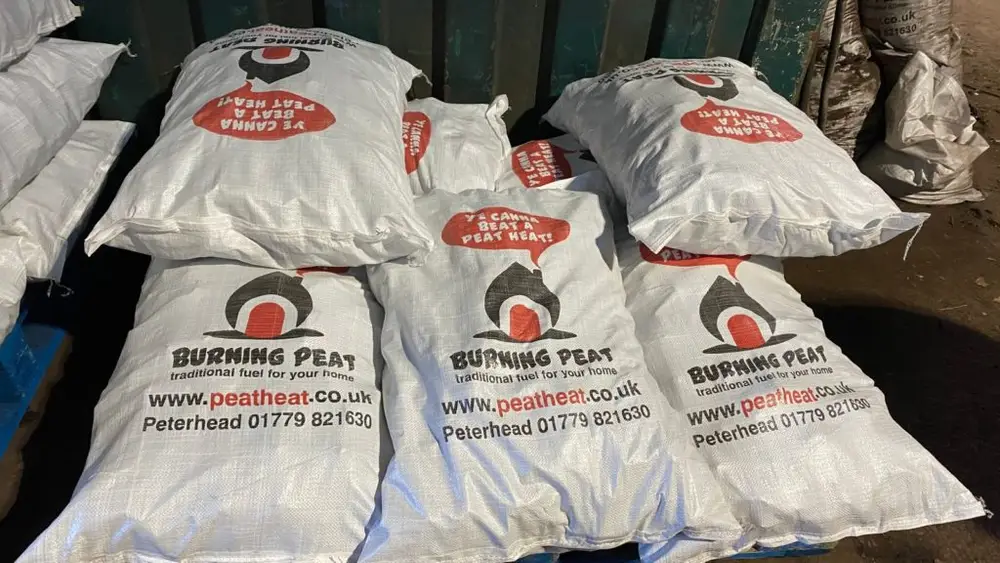
The Scottish government certainly is.
Its proposals include phasing out the use of peat in gardening.
This is already scheduled to happen in England in 2024.
In reality, whisky’s iconic status and importance to the Scottish economy will probably save it from the ban.
Expect peat to vanish from the potting shed well before the drinks cabinet.


